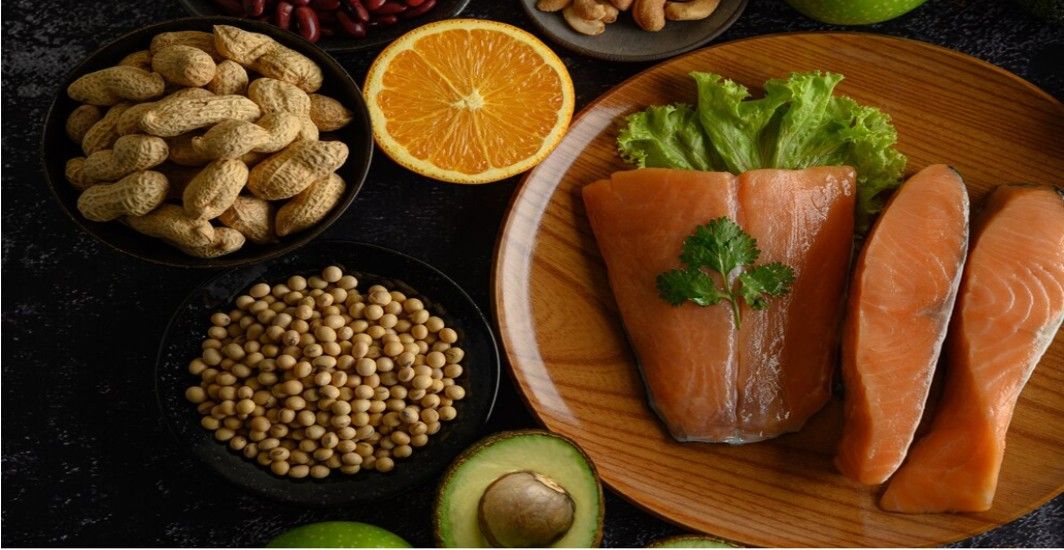Diabetes Management
How Type 2 Diabetes May Be Linked to an Unhealthy Gut?
4 min read
By Apollo 24/7, Published on - 07 January 2021, Updated on - 11 December 2023
Share this article
1
0 like

What are gut microbes?
What prompts changes in the gut microbes?
Do modified gut bacteria promote diabetes?
The analyses found that there are four strains of microbes that affect the metabolism of glucose and lipids in the body - Lactobacillus johnsonii and Lactobacillus gasseri helped in improving metabolism (“improvers”). On the other hand, Romboutsia ilealis and Ruminococcus gnavus were found to worsen the metabolism of the body (“worseners”).
During the study, scientists fed mice with a western diet along with the supplements of “improvers”.
The results showed that the mice who received the strains of Lactobacilli bacteria (“improvers”) had improved glucose and lipid metabolism. This group of mice also had a lower fat mass index as compared to those who were only fed the diet and no supplements.
With this study, the scientists concluded that there are individual microbes (and not the entire microbiota) that play a role in developing metabolic diseases such as type 2 diabetes.
It was further noted that people who have metabolism improvers like lactobacilli in their body tend to have a better body mass index. On the other hand, those with metabolism worsening bacteria tend to be overweight and obese. This is corroborated by the fact that almost 80% of obese people show the presence of R. ilealis in their body.
Can gut bacteria help deal with diabetes?
Conclusion
You can also try the Apollo 24|7 Diabetes Self-Management Tool to log your sugar values, track patterns, know all about food nutrition and more.
Diabetes Management
Consult Top Diabetologists
View AllLeave Comment
Recommended for you

Diabetes Management
The Benefits of Omega-3 Fatty Acids in Diabetes Management
If you're managing diabetes, introducing omega-3 fatty acids into your diet could be beneficial. They protect your heart health, help control blood glucose levels, and reduce inflammation. However, always consult your doctor before making any significant changes to your diet.

Diabetes Management
Could Cinnamon Be the Key to Managing Diabetes?
Is cinnamon the secret ingredient to managing diabetes? While some studies suggest positive effects, the results vary. Cinnamon might help in lowering blood sugar levels but should be part of a holistic management plan. Before incorporating it into your diet, always consult your doctor. For comprehensive support and guidance on managing type 2 diabetes, consider joining a comprehensive program like Apollo Super 6.

Diabetes Management
Diabetic Foot: Can it be Prevented?
The development of diabetic foot can be prevented through various measures. Effective prevention includes regular foot care, such as daily inspection and cleaning, wearing comfortable and proper-fitting shoes, managing blood sugar levels, controlling blood pressure and cholesterol, maintaining a healthy lifestyle, avoiding smoking and alcohol consumption, and seeking immediate medical attention for any foot issues.
Subscribe
Sign up for our free Health Library Daily Newsletter
Get doctor-approved health tips, news, and more.
Visual Stories

8 Fruits That are Incredibly Healthy for Diabetes
Tap to continue exploring
Recommended for you

Diabetes Management
The Benefits of Omega-3 Fatty Acids in Diabetes Management
If you're managing diabetes, introducing omega-3 fatty acids into your diet could be beneficial. They protect your heart health, help control blood glucose levels, and reduce inflammation. However, always consult your doctor before making any significant changes to your diet.

Diabetes Management
Could Cinnamon Be the Key to Managing Diabetes?
Is cinnamon the secret ingredient to managing diabetes? While some studies suggest positive effects, the results vary. Cinnamon might help in lowering blood sugar levels but should be part of a holistic management plan. Before incorporating it into your diet, always consult your doctor. For comprehensive support and guidance on managing type 2 diabetes, consider joining a comprehensive program like Apollo Super 6.

Diabetes Management
Diabetic Foot: Can it be Prevented?
The development of diabetic foot can be prevented through various measures. Effective prevention includes regular foot care, such as daily inspection and cleaning, wearing comfortable and proper-fitting shoes, managing blood sugar levels, controlling blood pressure and cholesterol, maintaining a healthy lifestyle, avoiding smoking and alcohol consumption, and seeking immediate medical attention for any foot issues.

